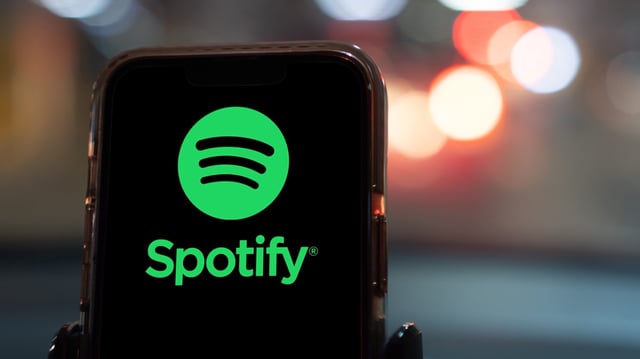Overview
- Spotify says it removed more than 75 million spammy tracks over the past 12 months as generative tools accelerated mass, low‑quality uploads.
- A new music spam filter rolling out this fall will tag uploaders and tracks using tactics like mass duplicates, SEO hacks, and ultra‑short plays, then make them ineligible for algorithmic recommendation.
- An updated impersonation policy bans unauthorized AI voice clones and other vocal replicas, permits imitation only with the artist’s consent, and adds measures to curb profile mismatches with faster reviews and pre‑release reporting.
- Spotify will support a DDEX-based credit standard so labels and distributors can disclose where AI contributed—such as vocals, instrumentation, or post‑production—with 15 partners committed and disclosures set to appear in the app as data arrives.
- The company says it will not ban AI-made music, framing the move as targeting abuse rather than legitimate creative use, and reiterates that it does not create or own any tracks on the platform.



